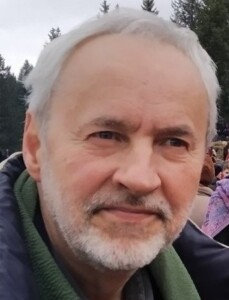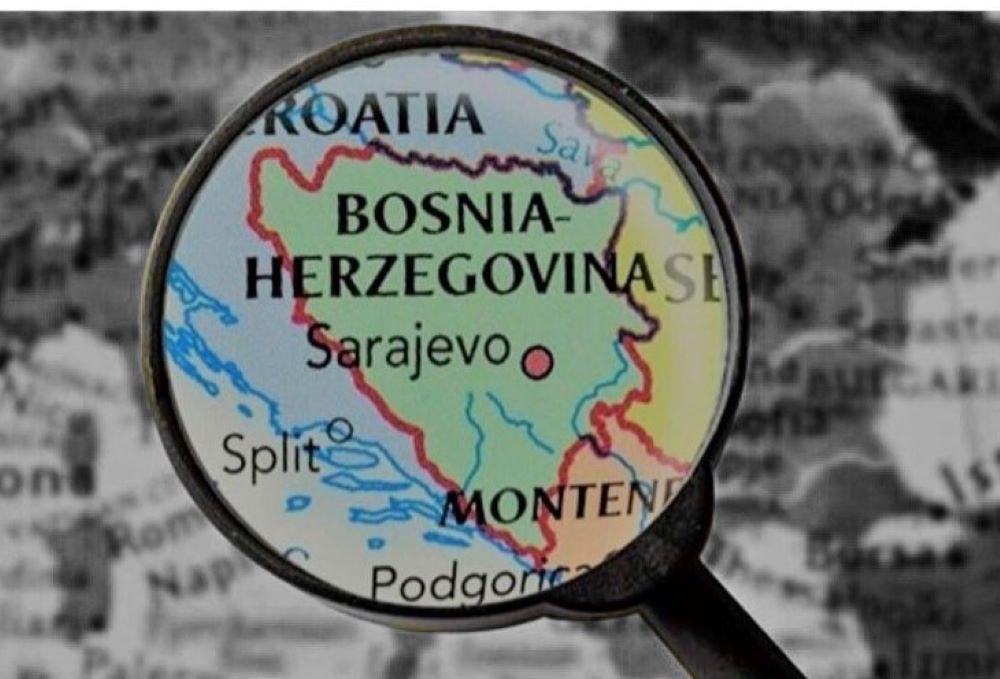Who will will work on affirming the uniqueness of BiH as a tourist destination, differentiate it from competitors in the eyes of the beholder?

Zoran Bibanovic
Travel was an integral part of everyday life even in the early stages of humanity. Ancient Romans built roads and thermae, and common fraud of gullible travellers by inn-keepers and equerries… helped create Roman Law. The geographer Strabo admired the safety enjoyed by people during trade under Augusts and his heir, Tiberius. Pliny talked about Greece, Asia Minor, and Egypt as parts of the world any self-respecting man should visit.
Modern tourism was born in the first half of the 19th century, along with the birth of the railway and steamship. Automobiles opened new destinations, and charter flights (mid 20th century) really turned the world into McLuhan’s ‘global village’.
In 2019 world tourism amounted to around 10% of the global GDP, 30% of the world’s service export, and 7% of trade export. Europe holds 41% of the world’s tourism income. This industry provided 1 in 10 jobs globally, and in 2019 there were 1.5 billion passengers. Simply put, tourism is the main factor of overall economic recovery.
For the first time in human history, the Covid-19 pandemic has dramatically influenced the tourism industry. Though the sector will not disappear, it will see great changes in terms of lifestyle, culture, and quality of life.
Bosnia and Herzegovina does not possess the attributes required for mass tourism development (sunshine, beach, sea), and it will probably never be the mass tourist destination for the average European citizen.
This poses an important question: who will will work on affirming the uniqueness of BiH as a tourist destination, differentiate it from competitors in the eyes of the beholder?
The Dayton Peace Agreement did not specify an overarching state legislation for tourism development; the Federal Tourist Association has been inactive since 2015. Cantonal entities legally supervise tourist development, so the industry’s success essentially depends on individual capabilities of the sector’s employees.
The unfortunate time of Covid-19 is an opportunity for relevant ministries to demonstrate a greater level of understanding for the significance of tourism, and offer solutions and help to overcome the current crisis.
In that sense, help given by the international community is immeasurable. USAID has recognised the importance of tourism and launched a project worth 20 million dollars which will take place over 5 years. There is also the support of the Regional Cooperation Council, helping the industry in 6 Western Balkan economies to develop adventure tourism, tourism and art. They’ve recently launched a FUTOURISMO competition in the Western Balkans, a search for innovative digital solutions to help mend the negative consequences of the Covid-19 pandemic and preserve jobs within the tourism industry.
Prior to Covid-19, tourism was an industry of steady growth, with over 3 million overnight stays and over 400 million euros in budget contribution, though Bosnia and Herzegovina’s position on the World Trade Organisation list is not an enviable one – it is only number 105 out of 142. Covid-19 has caused a decline of over 80% in overnight stays, and many people have lost their jobs. Tourism workers were the first ones to lend their voices and raise awareness of the threat this strategically important industry is under.
Entity governments have adopted protocol to acquire international certification confirming the respect of Covid standards and procedures. Only concrete and cooperative action on all government levels can help the development of tourism and social harmony, and this can only be done through a revival of appreciation of the rich cultural heritage and natural beauty of Bosnia and Herzegovina.
Will it ever become apparent that tourism development is in our direct economic, and therefore political interest?!
The most important question of all, however, is – how do we get to that point in a country of fragmented interests?
Zoran Bibanovic, long-time tourism employee specialised in strategic development, Executive Director of several tourist organisations in both the private and public sectors.



Leave A Comment